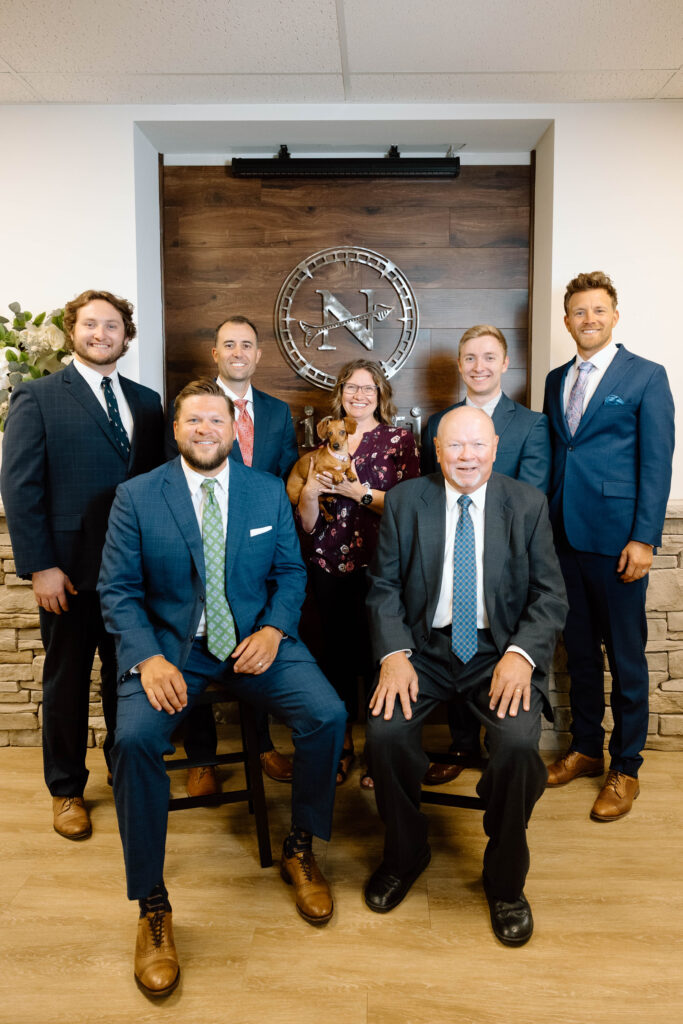If you’re looking forward to a life that allows you to kick back in the slow(er) lane, chances are you’ve considered retiring at an early age. Having time to do the things you want and be close to family sounds appealing, rather than grinding away at work for endless decades.
Many people start planning for an earlier retirement than they did in the past. For that reason, it’s not unheard of for someone to retire at 55.
But how do you go about doing that? What’s the best method for getting ready?
Learn more about what considerations to make. You can gain a better understanding of how to cover all your bases with a little extra planning and forethought, feeling secure for when the big day arrives.
1. Start Saving Earlier and Increase the Amount Saved
It sounds like common advice you’ve heard before but it holds true. Putting aside more money than usual if you want to retire early is a must.
The amount you’ll need to put away is determined by factors such as:
- How much you’ll need or want
- How old you are now
- How much you’re currently making and can afford to put away
If you want to retire early, focus on these factors. Once you have an amount you want to work toward, see what you can do to meet that goal.
Remember, putting extra money away never hurts when you’re gearing up for retirement. Those goes double when you’re looking to retire at 55, no matter what your current age is.
2. Consider Changing or Planning Your Lifestyle Post-Retirement
As you work toward your retirement plan, think about what you want out of life and how things change once you’re officially retired. The way you live your current lifestyle might be fine while you’re actively working.
However, additional adjustments can help you save money and make your current money stretch further.
Some places you can make lifestyle adjustments in:
- Moving to a cheaper state or city
- Cutting down the number of vehicles you own
- Selling your current house for a smaller one
- Taking fewer vacations or traveling domestically rather than internationally
- Choosing when and where you shop and how much you buy to keep in pace with your new lifestyle
While a new life post-retirement takes time, these adjustments simplify the process for you by saving money in the long run.
3. Pick the Right Health Insurance to Retire at 55
Another important consideration before retirement is selecting the right healthcare plan. Unfournatly, this is an area many people don’t consider when thinking about retirement, especially if they’ve had stable health insurance for a long time.
Picking the right health insurance for retirement depends on if you currently have a lot of medical needs, how often you’ll need to visit the doctor, and what type of insurance plan you feel most comfortable with.
It’s suggested you re-evaluate every year since insurance plans can change.
While you do have health coverage covered by your company, make sure to schedule doctors appointments regularly to prevent and discover issues before they get out of hand. This can help you when the time comes to consider what type of coverage you’ll need.
4. Consider Health-Related Issues You Might Run Into
On that note, consider the fact that most Americans live longer than they used to. According to the CDC, the lifespan of the average American has increased 40 years.
Even if previous family members didn’t live long, don’t assume your health is going down the same path. Better food and an increase in preventative medicine means people have not only enjoyed longer lives, but a better quality of life to go along with it.
Consider the costs associated with medical needs if you end up living longer than expected. For example, cancer is not always the death sentence it was twenty years ago, meaning you can recover from the disease. You don’t want your pockets to be emptied in the process.
As you get ready for retirement, think about your savings and how long you could live for. the worst case scenario is to outlive your savings, with nothing to protect you.
5. Make Sure You Have the Right Retirement Account
A proper retirement account can protect you and keep your money safe. It’s a better solution than simply having a savings account since you normally cannot withdraw money before a certain age.
Accounts can range from a 401(k) to an IRA. A 401(k) normally gets offered by an employer, while an IRA helps you save money tax-free.
The best plan of action is to discuss with a financial advisor on what type of account is right for you. If you’re currently on the right plan, they can help you continue to put your money to work for retirement. If you’re in need of a switch, they can let you know what account is best suited for you.
6. Budget Expenses Even After You’ve Retired
Even if you’re all set to retire with over a million in your account, it’s important to budget your needs. Start by thinking about what payments you need to make every month.
Include monthly and yearly items such as utilities, health insurance, food, and a savings plan. Even if you have a decent sum of money put away in the bank, it’s important to account for emergencies.
Having a budget keeps you in control of money, which is more important than ever once you’re retired.
Discover More On How to Retire Early
Planning to retire at 55 is possible if you know how to approach your goal and create a sensible plan of action. Getting help from a qualified financial advisor and saving diligently makes all the difference when gearing up for an early retirement.
If you’re still wondering how to begin the process of getting ready for an early retirement, we’re happy to help. Contact us, and see how we can help you get started.
2019-83121 Exp 7/21
This material was prepared by an independent third party. Material discussed is meant for general informational purposes only and is not to be construed as tax, legal, or investment advice. Although the information has been gathered from sources believed to be reliable, please note that individual situations can vary. Therefore, the information should be relied upon only when coordinated with individual professional advice.



